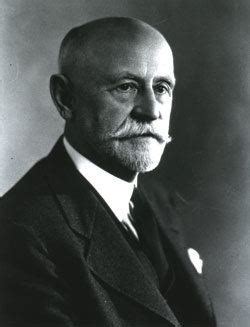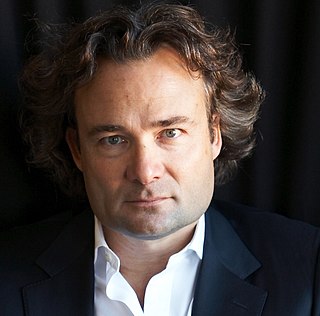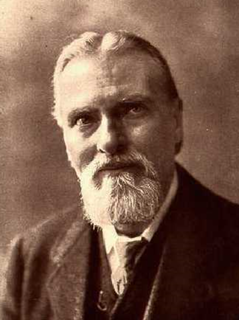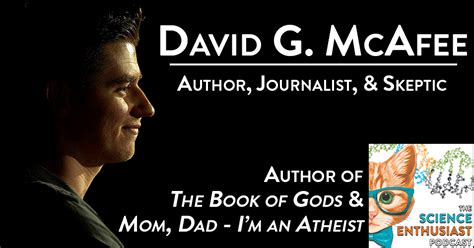A Quote by Jim Herrick
An argument frequently used by believers [is] to force unbelievers to soften their terms by accepting their opponents' definition; "Atheist" means without a concept of God that is logically convincing, not with proof that God does not exist.
Related Quotes
There is no evidence for a god, no coherent definition of a god, no good argument for a god, good positive arguments against a god, no agreement among believers about the nature or moral principles of a god, and no need for a god. We can live happy, moral, productive lives without such belief, and we can do it better.
I feel most spiritual when I'm out in the woods. I feel part of nature. Or looking up at the stars. [I used to say] I was an atheist. Now I say, it's all according to your definition of God. According to my definition of God, I'm not an atheist. Because I think God is everything. Whenever I open my eyes I'm looking at God.
Believers often forget that most atheists used to be religious, that many non-believers used to think they had a personal relationship with their God and they used to 'feel' the power of prayer. They've since learned that it was all a farce, that their feelings were internal emotions and not some external force.
The goal of a definition is to introduce a mathematical object. The goal of a theorem is to state some of its properties, or interrelations between various objects. The goal of a proof is to make such a statement convincing by presenting a reasoning subdivided into small steps each of which is justified as an "elementary" convincing argument.
The atheist does not say 'there is no God,' but he says 'I know not what you mean by God; I am without idea of God'; the word 'God' is to me a sound conveying no clear or distinct affirmation. ... The Bible God I deny; the Christian God I disbelieve in; but I am not rash enough to say there is no God as long as you tell me you are unprepared to define God to me.
It is one of the ironies of religious history that many mortals err in their understanding of the nature of God and end up rejecting not the real God but their own erroneous and stereotypical image of God. Frequently this is because they have thought of God solely in terms of thunderings at Sinai without pondering substance. . . .
It seems that God does not exist; because if one of two contraries be infinite, the other would be altogether destroyed. But the word "God" means that He is infinite goodness. If, therefore, God existed, there would be no evil discoverable; but there is evil in the world. Therefore God does not exist.
Throughout the world, half of all children go to bed hungry each night and one in seven of God's children is facing starvation. Before such statistics, believers should never forget Dostoevsky's assertion that the suffering of children is the greatest proof against the existence of God; for without justice, there is no God.

































